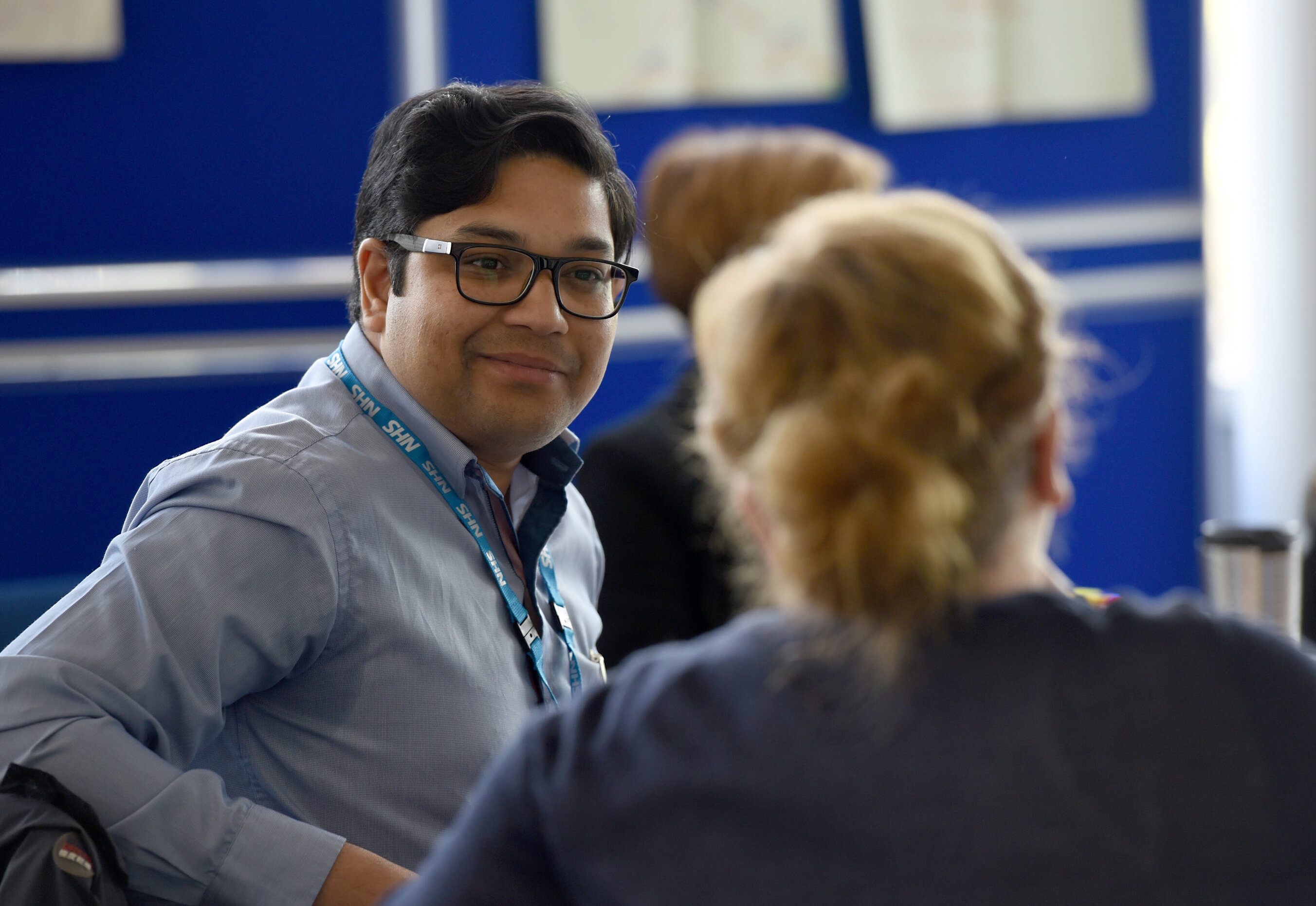
This series is for organisational development, human resources and staff network teams who want to share learning about restorative practices, guided by a coach.
Team members will build circlekeeping skills and surface common goals for supporting restorative communities.
What is restorative practice?
Restorative practice is a social science that studies:
- how to strengthen relationships between individuals,
- develop social connections,
- achieve social discipline,
- and build social capital within communities.
Restorative practice resides in a domain that emphasises social and behavioural support in the context of doing things with people, as opposed to doing things for, or to them. It has deep roots within indigenous communities throughout the world and we gratefully acknowledge these contributions.
In the past century, restorative practices have gained wider use primarily within the context of restorative justice: a formal, responsive method used for addressing wrongdoing. We use the term restorative practice to encapsulate a wider application of social science that centres mindset and behavioural insights for creating and sustaining community health.
The use of restorative practices helps to:
- reduce crime, violence and bullying,
- improve human behaviour,
- strengthen civil society,
- provide effective leadership,
- restore relationships,
- repair harm.
One core method for working in communities through a restorative lens is the use of circlekeeping: community dialogue circles that allow people to tell their stories and offer their own perspectives. Circle purposes might include any of the following: conflict resolution, healing, support, decision making, information exchange and relationship development.
Learning outcomes
Participants will be able to:
- explain restorative practices as a team and organisational wellbeing approach and distinguish what it can and cannot provide to communities,
- describe what “being in circle” looks and feels like and identify basic circlekeeping skills to facilitate community building and support wellbeing,
- practice coaching conversations to build problem-solving confidence and capacity,
- compare conversational leadership tools for demonstrating transparency, acknowledging vulnerability and optimising interdependencies.
Audience
Organisational development, human resources and staff network teams are uniquely positioned to enable transformation in workplace communities, so we recommend a multidisciplinary team from these perspectives to optimise organisational impact. We also welcome commissions from other stakeholder groups interested in learning about the basics of restorative practices.
Details
This programme is ideal for groups of no more than 12. There are two primary offers that we can discuss with you to determine the best fit:
- A one-day learning and development workshop, with a follow-up team coaching session
- Three half-day workshops with coaching embedded in each day
Both options include a briefing session to determine personalised support needs.
Instructors
You will be supported by a circlekeeper and coach who will tailor your circle experience to the context of your team’s learning and improvement needs.
How to join
To express interest, please contact: coach@healthinnovationnwc.nhs.uk.
